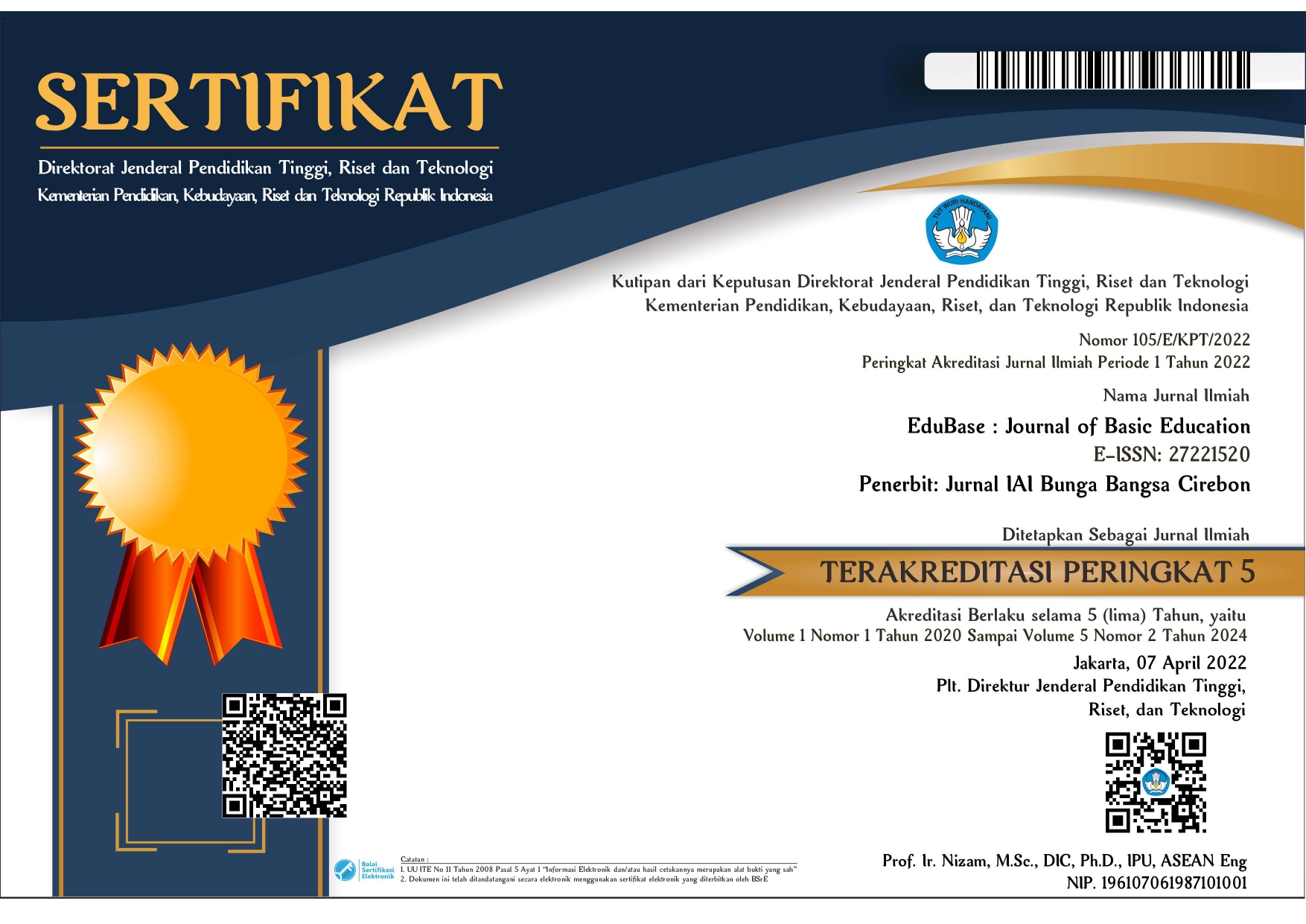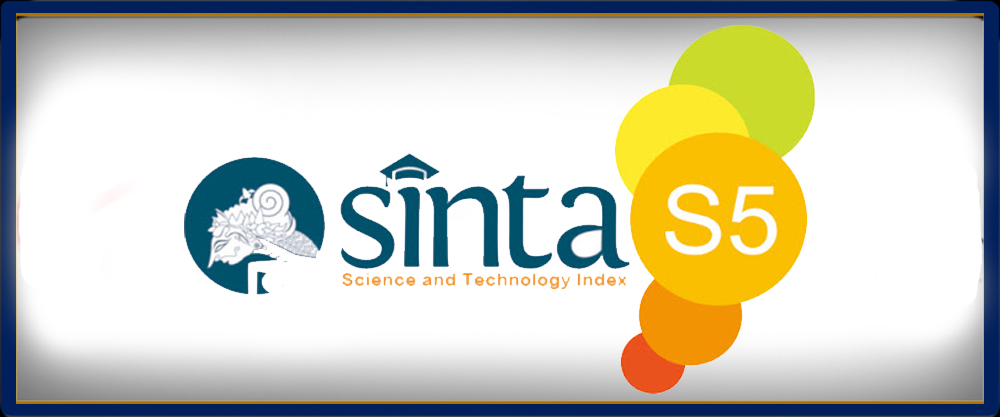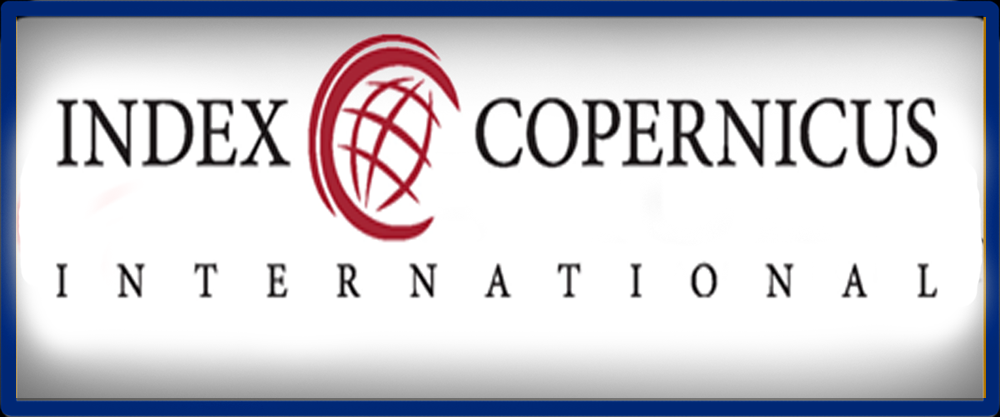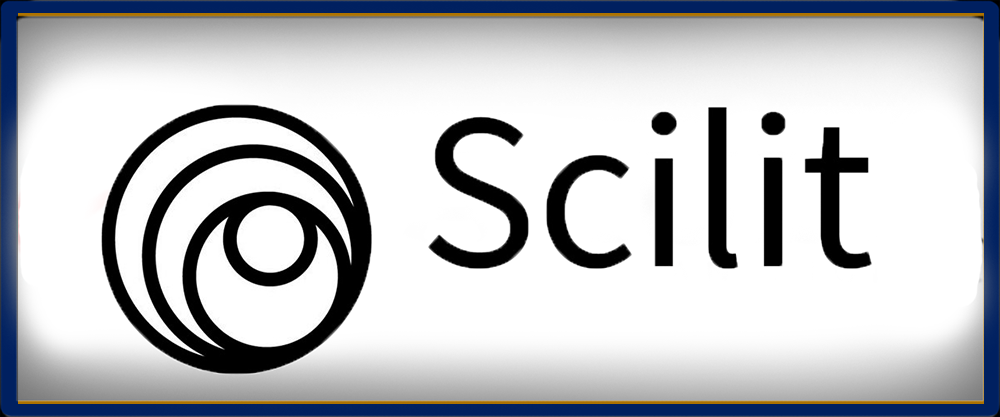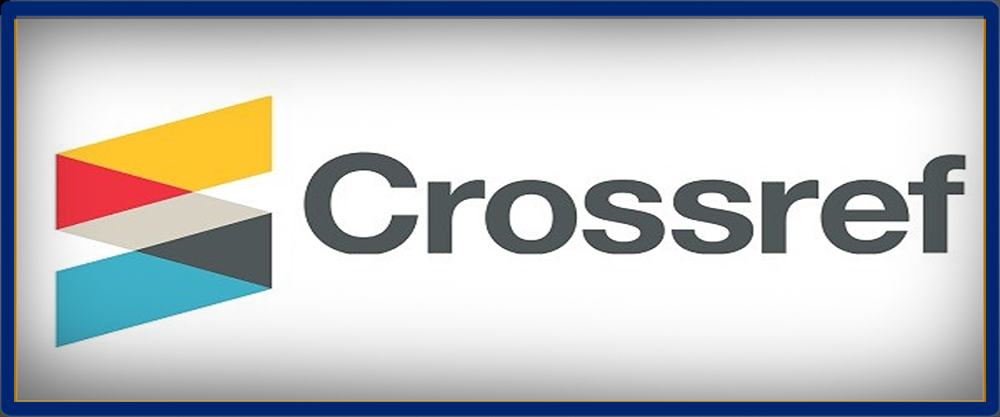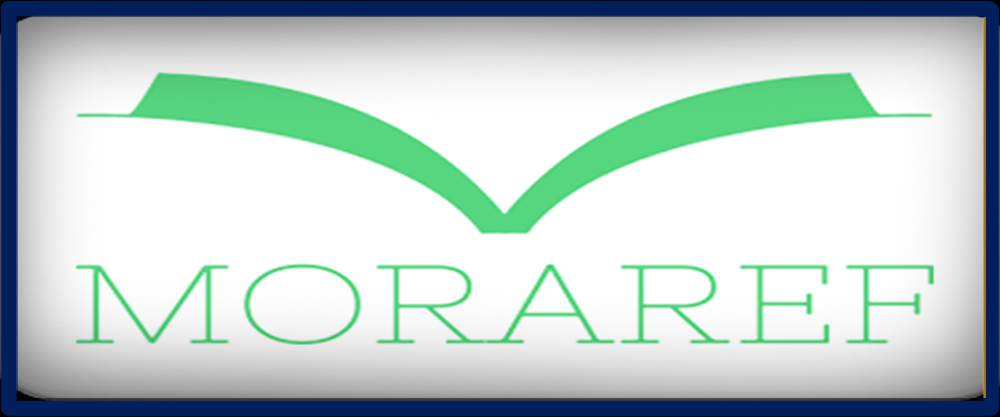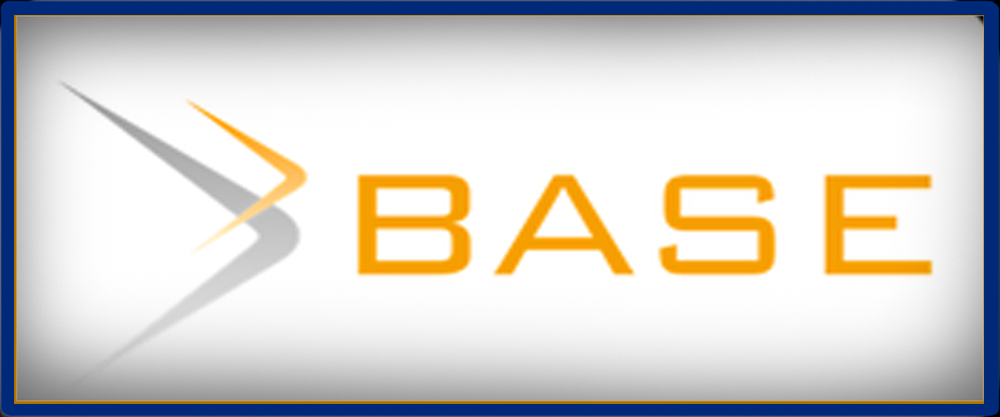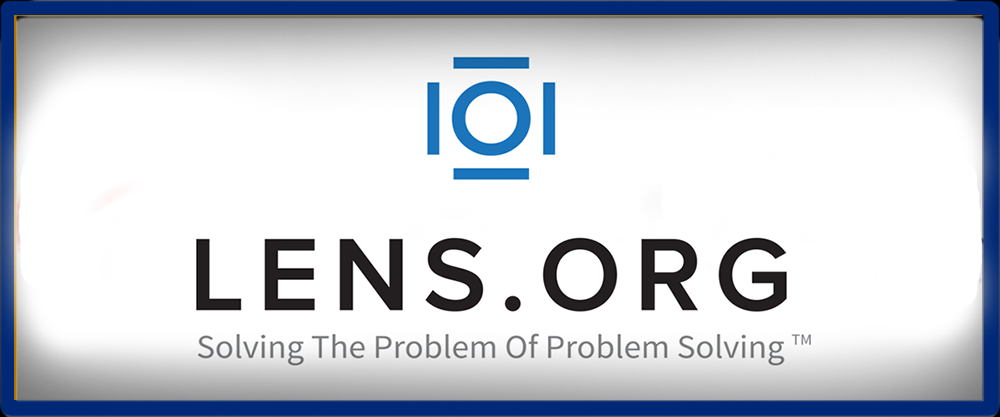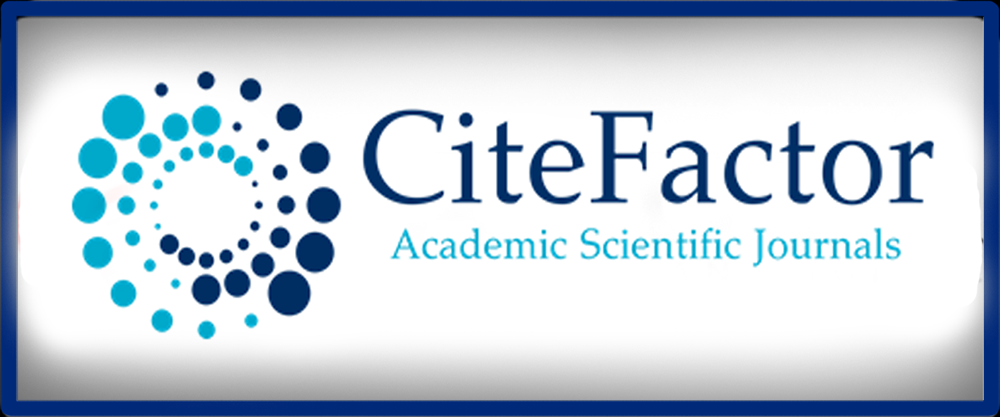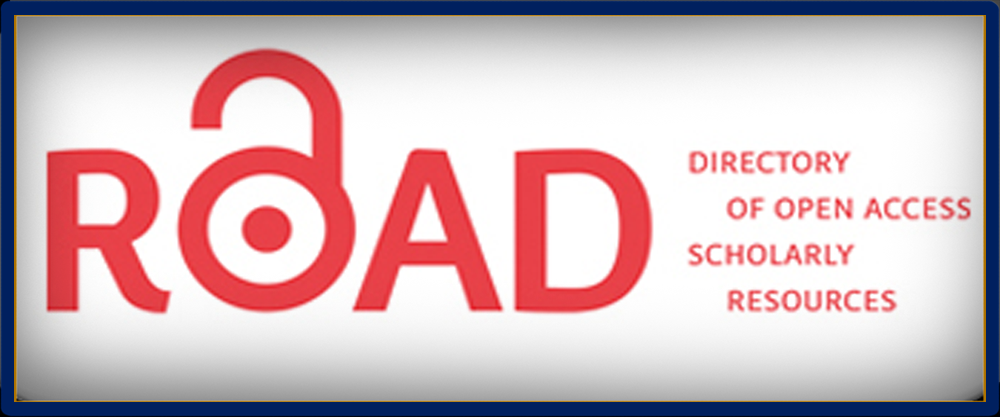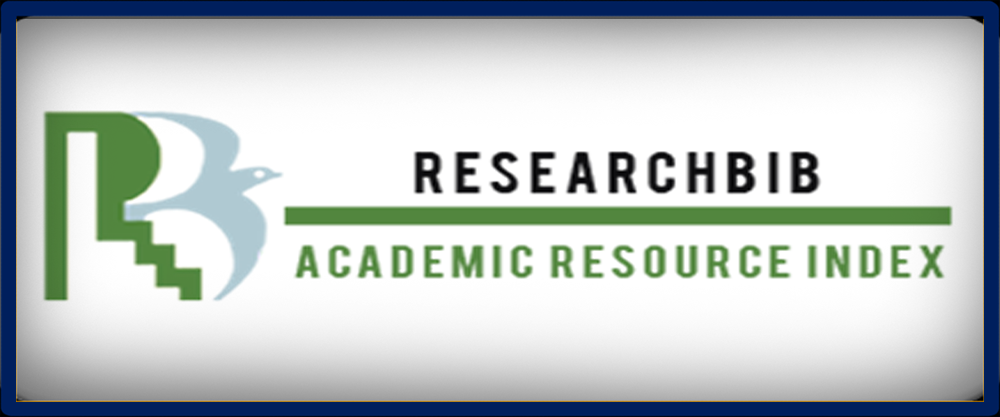The Effect of the P4C Initiative on Primary School Students' Learning and Social Outcomes
Abstract
Purpose: This study investigated its impact on reading comprehension, math interest, self-esteem, pro-social behavior, and emotional well-being. Methods: This study used a longitudinal time series quasi-experimental design involving an experimental group and a matched comparison group. Participants in this study were two hundred and eighty children (149 intervention group, 131 comparison group) from eight state primary schools in the Southeast Queensland region. The research sample consisted of 48% (n=135) girls and 52% (n=145) boys all in Grade 6 (with an age range of 10-12 years). Results: Results showed improvements in reading comprehension, decreased interest in mathematics and self-esteem, while pro-social behavior and emotional well-being remained unchanged among COI program participants compared to non-participants. Conclusion: The COI philosophical intervention found improvements in reading comprehension but reduced interest in mathematics and self-esteem, with no changes in pro-social behavior and emotional well-being in the Year 6 group of students compared to those who did not receive the COI intervention. The COI's philosophical focus primarily on language may have led to significant increases in reading comprehension over time and significant decreases in interest in mathematics among these Grade 6 participants. Pre-service teachers who aspire to become philosophical COI facilitators need to be encouraged to develop their ability to examine and identify the personal characteristics, beliefs and attitudes that influence the way they think about teaching and learning.
Downloads
References
Asgari, M., Whitehead, J., Schonert-Reichl, K., & Weber, B. (2023). The Impact of Philosophy for Children (P4C) on Middle School Students’ Empathy, Perspective-Taking, and Autonomy: Preliminary Outcomes. Analytic Teaching and Philosophical Praxis, 43(1), 26–44.
Austin, A. (2020). Philosophy for All Children: enhancing knowledge. Unpublished Doctoral’s Thesis). Victoria University of Wellington, Wellington, New Zealand.
Bhurekeni, J. (2021). An Afrophilic P4C intervention: The case of Sebakwe primary schools in Zimbabwe. Journal of Philosophy in Schools, 8(1), 6–32.
Brown, C., & Shay, M. (2021). From resilience to wellbeing: Identity?building as an alternative framework for schools’ role in promoting children’s mental health. Review of Education, 9(2), 599–634.
Gilbert, W., Guay, F., & Morin, A. J. S. (2022). Can teachers’ need-supportive practices moderate the big-fish-little-pond effect? A quasi-experimental study with elementary school children. Contemporary Educational Psychology, 69, 102060.
Gomide, P. I. C., Barros, F., & Zibetti, M. R. (2022). Reduction of School Bullying Through Moral Behavior Training. Trends in Psychology, 1–16.
Isiklar, S., & Abali Öztürk, Y. (2022). The Effect of Philosophy for Children (P4C) Curriculum on Critical Thinking through Philosophical Inquiry and Problem Solving Skills. International Journal of Contemporary Educational Research, 9(1), 130–142.
Khanmohammadi, M., Seifi, M., & Nateghi, F. (2020). Effectiveness of Applying Philosophy for Children (P4C) Teaching Approach in a Media Literacy Course. Interdisciplinary Journal of Virtual Learning in Medical Sciences, 11(2), 112–120.
Kumar, A. (2023). Philosophical Counselling through Meditative Inquiry: Insights for Holistic and Contemplative Educators and Practitioners. Journal of Contemplative and Holistic Education, 1(1), 5.
Li, Q., Cho, H., Cosso, J., & Maeda, Y. (2021). Relations between students’ mathematics anxiety and motivation to learn mathematics: A meta-analysis. Educational Psychology Review, 1–33.
Pala, F. (2022). The effect of philosophy education for children (P4C) on students’ conceptual achievement and critical thinking skills: A mixed method research. Education Quarterly Reviews, 5(3).
Poulton, J. (2022). Teacher Interventions in the Community of Philosophical Inquiry: Standards-referenced Assessment Tools. In Philosophy with Children and Teacher Education (pp. 104–114). Routledge.
Safriyani, R., & Mustofa, A. (2021). Promoting philosophy for Ccildren (P4C) in teaching reading. Nglish Teaching Journal: A Journal of English Literature, Linguistics and Education, 9(2), 120–127.
Saputri, H. (2024). Education in the View of Realism Philosophy. Journal of Innovation in Teaching and Instructional Media, 4(2), 177–188.
Setyosari, P., Kuswandi, D., & Sartika, D. (2020). Effect of the Community of Inquiry (CoI) Learning Model and Learning Style towards Social Skills. European Journal of Educational Research, 9(2), 56–578.
Siddiqui, N., Gorard, S., & See, B. H. (2022). Can we teach non-cognitive outcomes? A quasi-experimental study of Philosophy for Children. Education Sciences, 12(5), 322.
Silver, H. C., & Zinsser, K. M. (2020). The interplay among early childhood teachers’ social and emotional well-being, mental health consultation, and preschool expulsion. Early Education and Development, 31(7), 1133–1150.
Subasno, Y., Jumilah, B. S., Desa, M. V., Yulius, M. I., Mariani, Y. K., Goa, L., & Derung, T. N. (2023). The Effectiveness of The Educare Program in Improving Pro-Social Attitudes to Prevent Bullying in Inclusive Schools. European Journal of Educational Research, 12(3).
Ventista, O. M. (2021). Combining the Evidence: Deciding about the Programme Effectiveness. In How to Evaluate the Effectiveness of a School-Based Intervention: Evaluating the Impact of the Philosophy for Children Programme on Students’ Skills (pp. 127–134). Emerald Publishing Limited.
Wang, C., Li, B., Zhang, L., Liu, Y., & Xu, P. (2021). Prosocial behavior and teachers’ attitudes towards bullying on peer victimization among middle school students: Examining the cross-level moderating effect of classroom climate. School Psychology Review, 1–14.
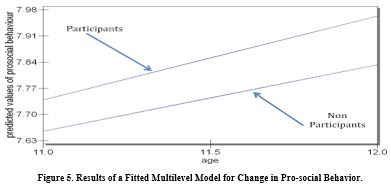

This work is licensed under a Creative Commons Attribution-NonCommercial-NoDerivatives 4.0 International License.

